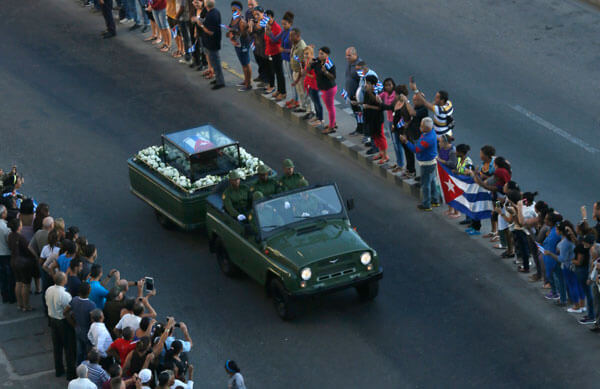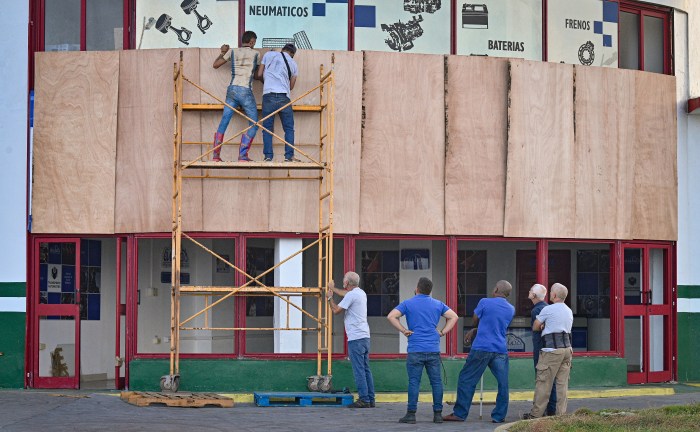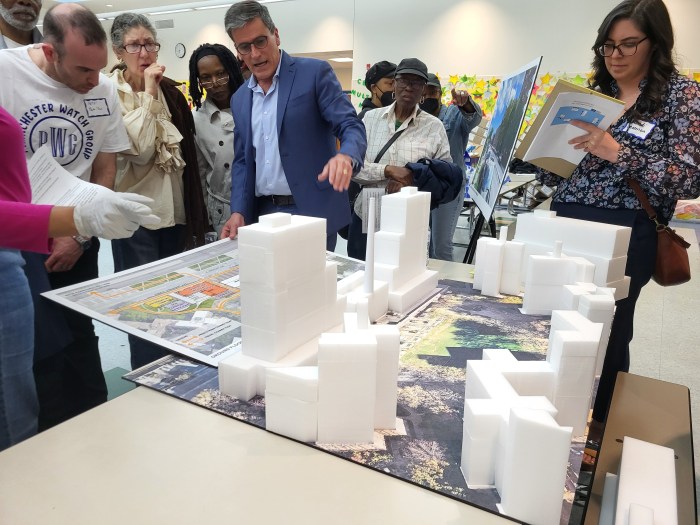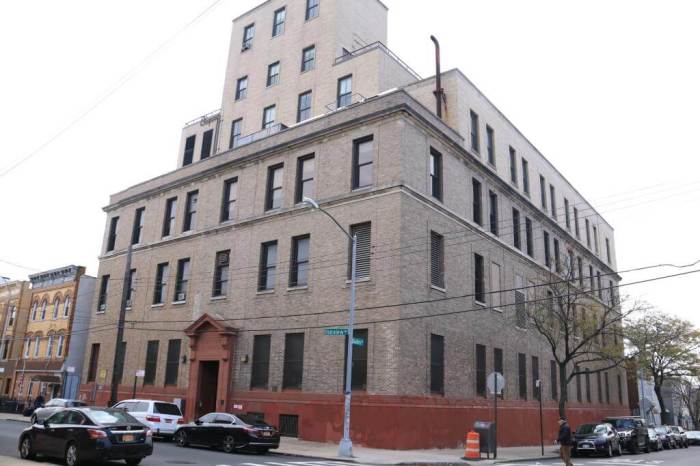HAVANA (AP) _ Surrounded by white roses and drawn by a green military jeep, Fidel Castro’s ashes began a more than 500-mile (800-kilometer) journey on Wednesday across the country he ruled for nearly 50 years.
Just after 7 a.m, an honor guard placed a small, flag-draped cedar coffin under a glass dome on a trailer behind the Russian jeep. Thousands of soldiers and state security agents saluted the 90-year-old leader’s remains as they rolled slowly out of Havana’s Plaza of the Revolution and the cortege made its way to the Malecon seaside boulevard and east into the countryside.
Tens of thousands of Cubans lined the path of the funeral procession, which retraced the path of Castro’s triumphant march into Havana nearly six decades ago. Many waved flags and shouted Long may he live!’’
Others filmed the procession with cell phones, a luxury prohibited in Cuba until an ailing Castro left power in 2006 and his younger brother Raul began a series of slow reforms.
The ashes will be interred Sunday, ending a nine-day period of mourning that saw the country fall silent as thousands paid tribute to photographs of Fidel Castro and sign oaths of loyalty to his socialist, single-party system across the country on Monday and Tuesday.
Wednesday’s procession was the first moment in which ordinary Cubans saw the remains of the man who led a band of bearded young fighters out of the Sierra Maestra mountains, overthrew strongman Fulgencio Batista, faced off against the United States for decades and imposed Soviet-style communism on the largest island in the Caribbean.
For many Cubans, seeing the coffin of a man who dominated life here for a half-century made the idea of a Cuba without Fidel Castro real for the first time since his death Friday night.
Juan Carlos Gonzalez, 26, the owner of a private restaurant that serves traditional Cuban food in the central city of Santa Clara, said there was a greater sense of uncertainty without Fidel and he couldn’t say whether that was positive or negative.
“The one who ruled the country was Fidel, in my opinion,” Gonzalez said. “Now I don’t know how things are going to be.”
Some slept on sidewalks overnight to bid goodbye to Castro after attending a massive Revolution Plaza rally Tuesday night. The presidents of Cuba, Mexico, Ecuador, Bolivia, Venezuela and South Africa, along with leaders of a host of smaller nations, offered speeches paying tribute.
Castro’s younger brother and successor, Raul, closed with a speech thanking world leaders for praising his brother, whom he called the leader of a revolution “for the humble, and by the humble.”
The crowds at the rally and along Wednesday’s route were a mix of people attending on their own and sent by the government in groups from their state workplaces.
“We love the comandante and I think it’s our obligation to be here and see him out,” said Mercedes Antunez, 59, who was bused in by the state athletics organization from her home in east Havana along with fellow employees.
Carpenter Rene Mena, 58, said his mother had taken him out of their home on the seafront boulevard as a baby to see Castro arrive that year. On Wednesday he donned a Cuban flag and a military cap outside the same house where he still lives, and saluted Castro’s caravan.
“I saw him when he came, and now I’ve seen him when he left,” Mena said.
Outside Havana, the caravan passed through rural communities transformed by Castro’s social and economic reforms. Many residents now have access to health care and education. But many towns are also in a prolonged economic collapse, the country’s once-dominant sugar industry decimated, the sugar mills and plantations gone.

















